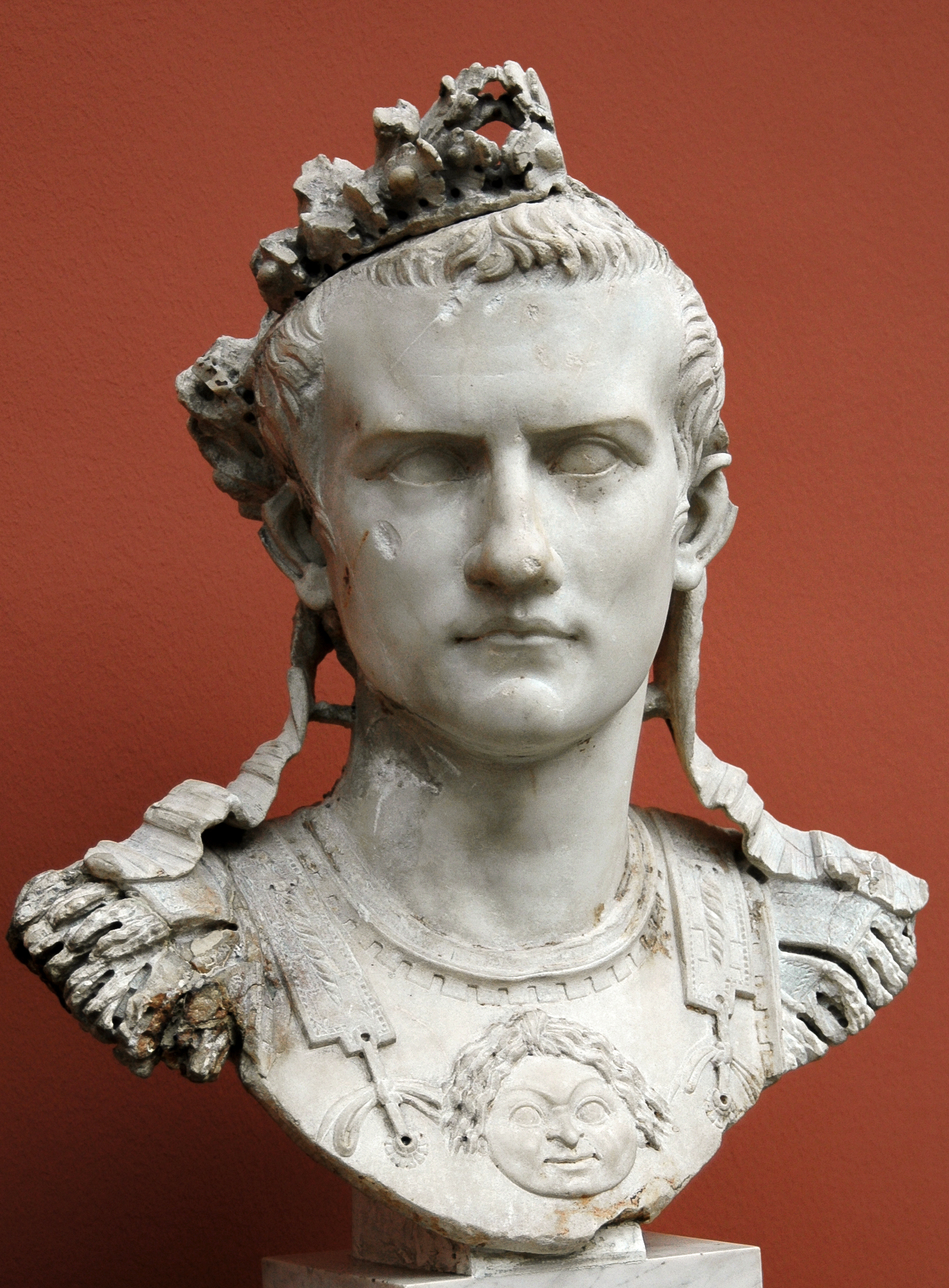Caligula, Emperor of Rome, Roman history, ancient Rome, Julio-Claudian dynasty, Roman Empire, biography, madness, tyranny, achievements, assassination, legacy.
Introduction
Caligula, also known as Gaius Julius Caesar Augustus Germanicus, was one of ancient Rome’s most notorious and enigmatic figures. As the third emperor of the Roman Empire, Caligula’s reign was marked by extravagance, cruelty, and madness, earning him a place in history as one of Rome’s most infamous rulers. In this article, we explore the life, reign, and legacy of Caligula, shedding light on the man behind the myths and legends.
Early Life and Rise to Power
Caligula was born on August 31, 12 AD, in Antium (modern-day Anzio, Italy), to Germanicus, a prominent general, and Agrippina the Elder, a member of the Julio-Claudian dynasty. From a young age, Caligula was surrounded by the political intrigue and power struggles of imperial Rome, as his family vied for influence within the empire.
At the age of 24, Caligula ascended to the throne following the assassination of his predecessor, Emperor Tiberius. Despite his youth and relative inexperience, Caligula’s ascent to power was met with widespread enthusiasm and optimism, as many hoped for a new era of prosperity and stability under his rule.
Reign of Tyranny and Madness
However, Caligula’s reign soon descended into tyranny and madness, characterized by erratic behavior, extravagant spending, and brutal acts of violence. He squandered the empire’s resources on lavish construction projects, such as the construction of a floating palace on Lake Nemi and the renovation of public buildings in Rome.
Caligula’s rule was also marked by his capricious and sadistic tendencies, as he subjected his subjects to arbitrary acts of cruelty and persecution. He ordered the execution of perceived enemies and rivals, including members of the aristocracy and his own family members, such as his cousin and adoptive son, Tiberius Gemellus.
One of the most infamous episodes of Caligula’s reign was his proclamation of himself as a god and his demand for divine worship from his subjects. He erected statues of himself in temples across the empire and insisted on being addressed as “Jupiter” or “Neptune,” further alienating himself from his people and the Senate.
Assassination and Legacy
Caligula’s reign of terror came to an abrupt end on January 24, 41 AD, when he was assassinated by members of the Praetorian Guard and members of the Senate. His death marked the end of the Julio-Claudian dynasty and ushered in a period of uncertainty and instability within the Roman Empire.
Despite his brief and tumultuous reign, Caligula left a lasting impact on Roman history and popular culture. His name has become synonymous with madness, tyranny, and excess, serving as a cautionary tale of the dangers of absolute power. While some historians have attempted to rehabilitate Caligula’s image and portray him as a victim of political intrigue and propaganda, the consensus remains that his reign was a dark chapter in Roman history.


1 thought on “Caligula: The Mad Emperor of Rome and His Infamous Reign”